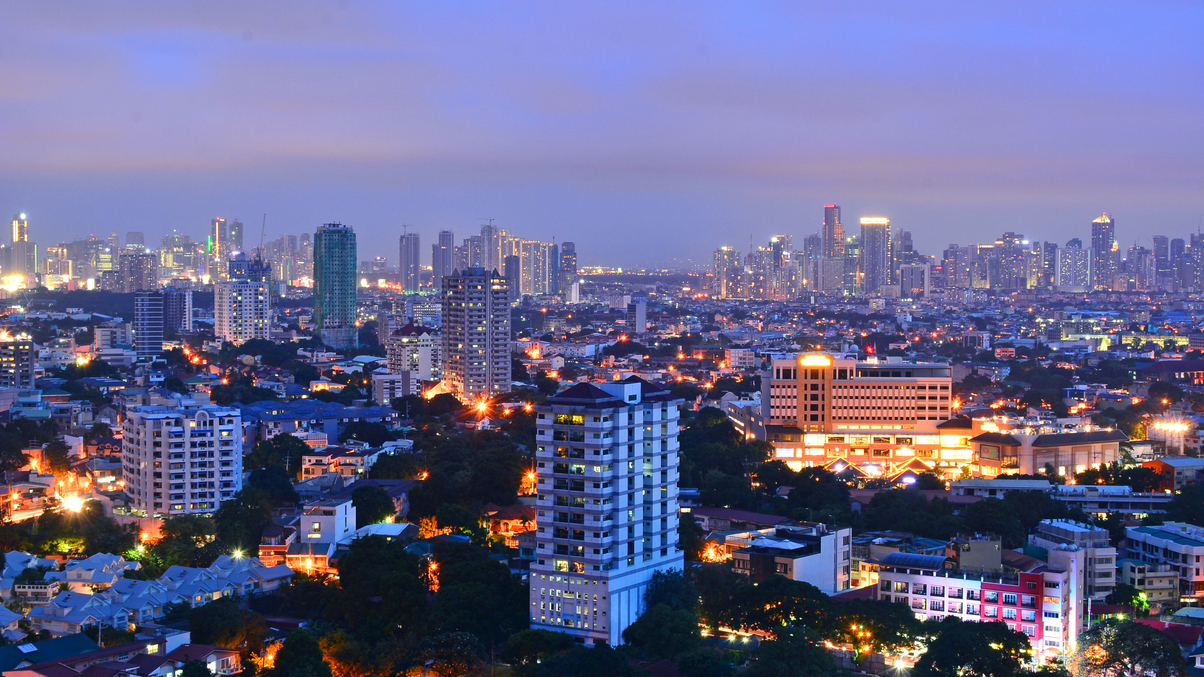Philippines’ SSS calls for less state interference
The state-run Social Security System's CEO believes there is too much political interference in the Philippines pension fund industry, which is adversely affecting its funding and viability.

The head of the Philippines’s Social Security System (SSS) has urged the government to stop politicising social security institutions, which are struggling with funding issues, and threatening future retirees with economic hardship.
Sign in to read on!
Registered users get 2 free articles in 30 days.
Subscribers have full unlimited access to AsianInvestor
Not signed up? New users get 2 free articles per month, plus a 7-day unlimited free trial.
¬ Haymarket Media Limited. All rights reserved.


